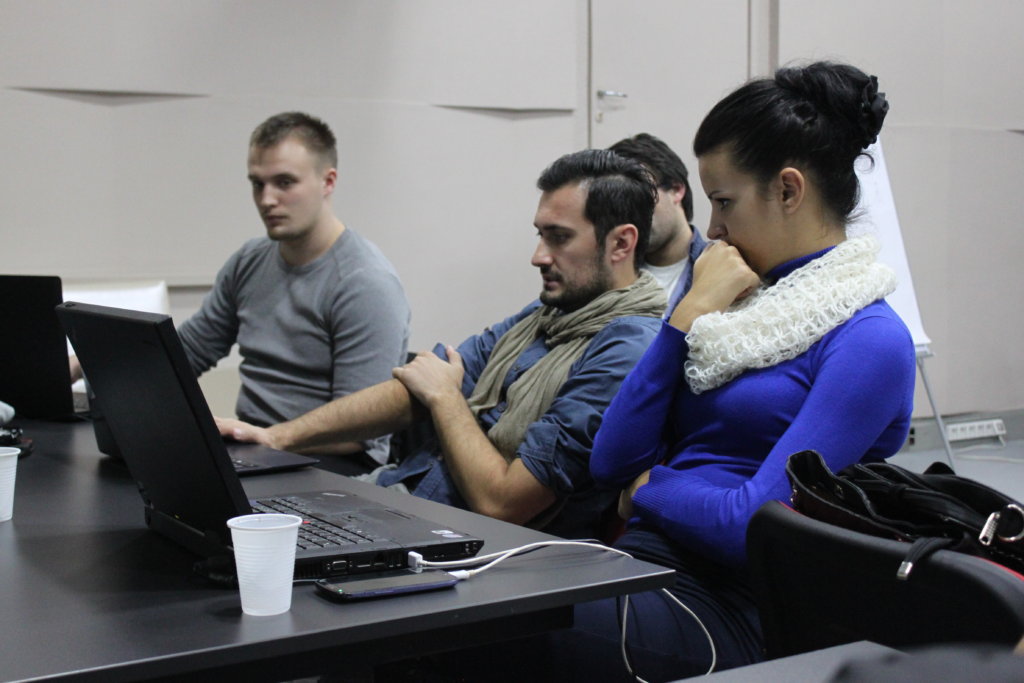- About
- Topics
- Picks
- Audio
- Story
- In-Depth
- Opinion
- News
- Donate
-
Signup for our newsletterOur Editors' Best Picks.Send
Read, Debate: Engage.
| July 12, 2021 | |
|---|---|
| topic: | Freedom of Expression |
| tags: | #Bosnia, #press freedom, #USAID, #media |
| located: | Bosnia and Herzegovina |
| by: | Katarina Panić |
"I even showed them my original article, explained to them that the published story has some changes made by the editor, which is their job, of course. However, they told me to decide which media I would continue to work for,” Zara told FairPlanet. “Both are impossible. I continued to work for both, but my colleagues signed my stories ever since, not by me. I don't feel comfortable because it is less honest, but I couldn't give up either of the two at that time.”
Another colleague of mine had a similar experience. Let's call him Predrag. He worked with the same local media outlet as Zara. Additionally, he used to report for a Banja Luka-based TV station, also engaging in national coverage.
That TV station was privately owned and largely independent at that time, so Predrag was free to write on the local authorities' wrongdoings - something that was impossible for his primary employer. Local politicians didn't like that either, and as he couldn't make a compromise like Zara did, Predrag was fired.
The wages in Bosnian media are below the country's average, and the standard is already less than 500 Euros; therefore, in most cases, journalists work for more than one media outlet. This opens an enormou space for manipulation, intimidation and blackmailing. It seems that politicians and decision-makers are more aware of the potentialities that come with such a situation than the journalists themselves. Either that or journalists often do not have a choice.
"I used to be happy every time I got an opportunity to do an additional job,” Predrag told FairPlanet. “A friend of mine, who has lived in America for a long time, brought me down to earth once, saying that I shouldn't be happy but worried as it is a sign that my job was not good if I had to do extra work to earn money for normal family life and not a luxury.”
Bosnia and Herzegovina is ranked 58 out of 180 countries in the 2021 World Press Freedom Index by Reporters Without Borders. It is among the weakest countries in Europe and fell down some 40 positions over the past 15 years.
"In the middle of the first decade of this century, Bosnia and Herzegovina was very well placed on these lists due to excellent media laws that were adopted,” Radenko Udovičić, manager of the Independent Media Empowerment Program (IMEP) wrote in his blog. “However, after a couple of years, there was a big drop, and the reason is the non-implementation of media laws as well as the strengthening of inter-ethnic tensions.”
IMEP was created to support media freedom in Bosnia and Herzegovina, and it is the most extensive media program in post-war Bosnia. US citizens finance it with five million dollars via USAID and a local non-governmental organisation, the Centre for the Promotion of Civil Society (CPCD). Some 60 percent of the money went to 155 grants for independent media and citizen journalists.
"While the US government is committed to help, our assistance is neither indefinite nor infinite, and we can only play a supportive role,” US ambassador Eric Nelson said as he addressed the participants of an online IMEP discussion on media freedom in Bosnia at the end of May.
“Attempts to prevent journalists from performing their professional duties are frequent in BiH. Censorship, inadequate protection of journalists, political and financial pressure devalue media outlets and discourage them from investigating corruption,” Nelson added. “Some media outlets amplify nationalistic rhetoric resulting in increased hate speech, decreased professionalism and reduced ethical standards.”
According to a survey conducted by IMEP, there are 615 media portals in a country that is home to 3.5 million people. Some 44 percent of them do not have any data: address, phone, e-mail, names of editors nor journalists. Some even publish columns with no authors signed. Many of them are active only a few months before the elections. Even though they lack credibility per se, they partially take over the informative role from traditional media.
"The authorities use all their resources - which are actually ours - to fight against the dissenters, independent journalists and opposition,” said Edin Zubčević, editor of Nomad Magazine. “They create problems for us intentionally, so we can not expect them to solve the problem. We have to help each other, but we all know there are their players among us,” he added. “And there is nothing about patriotism, only about corruption. The ruling nationalist parties provided a system of impunity for all who enable them to keep the power. There is no reason for optimism, so far.”
Image: The Climate Reality Project.
By copying the embed code below, you agree to adhere to our republishing guidelines.
